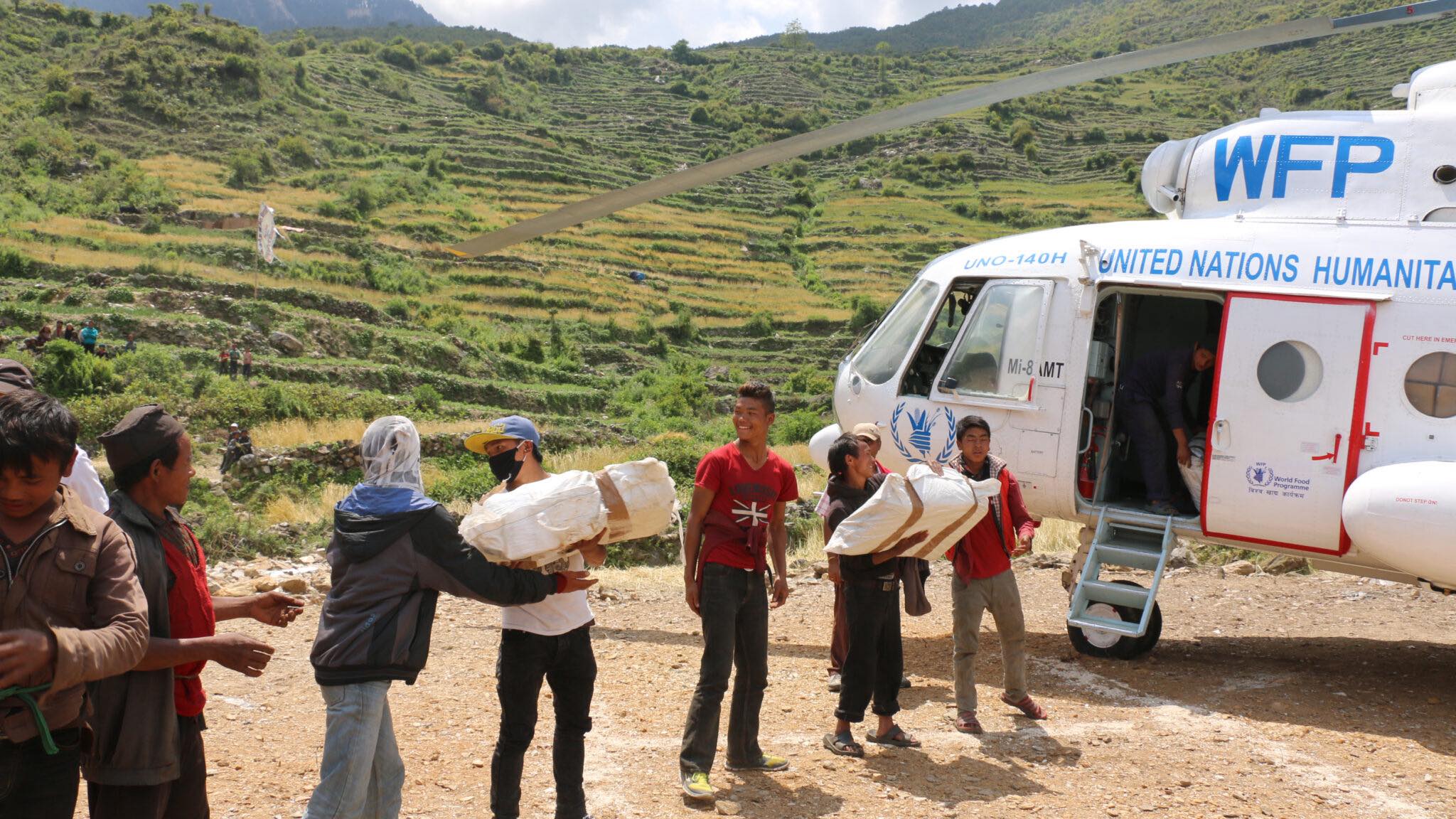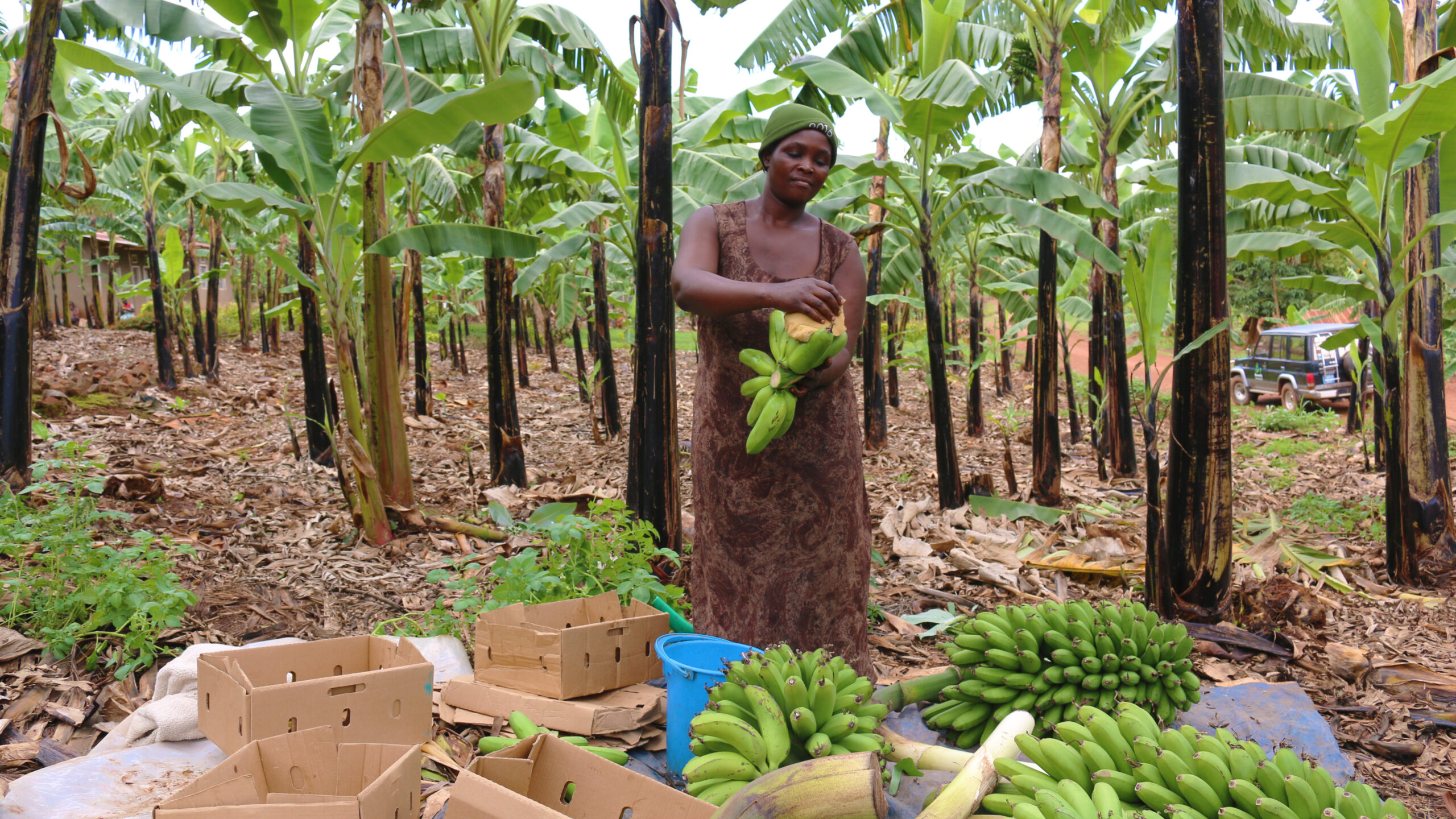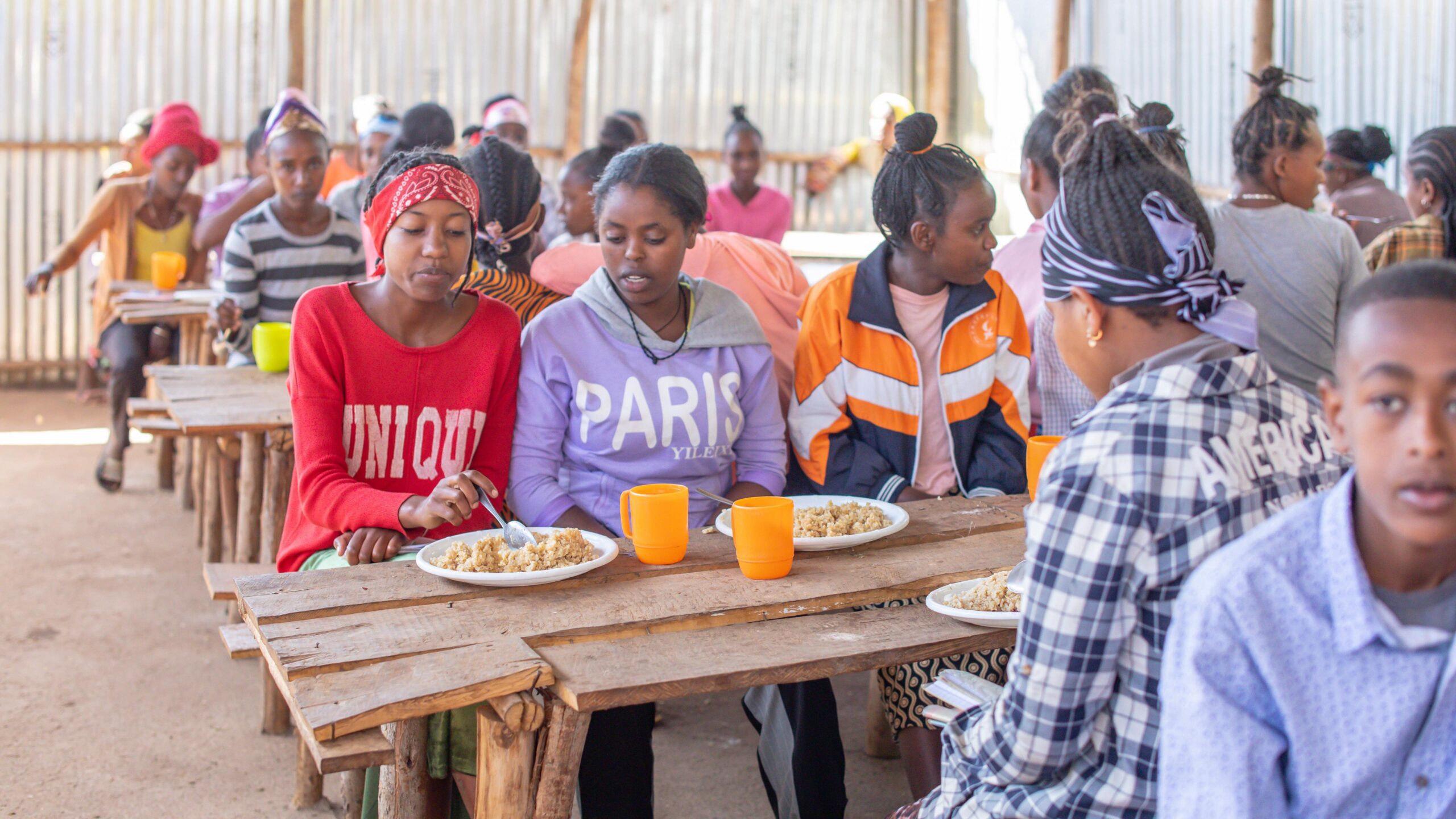Earlier this month, I took part in a new experience: a twitter chat. Organized by USAID, the #AskAg Twitter Chat on Youth Employment in Agriculture, connected me and my fellow guest speakers from USAID, Making Cents International, and Winrock International with twitter participants from MPULE Institute, students, development program workers, and others from a range of locations, including Mexico, Belgium, Liberia, Zimbabwe, South Africa, and Uganda.
The chat focused on youth employment in agriculture and opportunities in on-farm employment, entrepreneurship, agri-business, and agricultural science. We began by tweeting our answers to some general discussion questions about opportunities and barriers to making farming appealing to young people, and the methods, skills, and assets needed to allow them to contribute. Then around 30 people chimed in with their own questions, comments, and stories.
Although the twitter chat did not focus specifically on any region, Africa south of the Sahara was a particular area of interest for participants. I recently wrote a piece that was originally published by the Guardian on how emerging trends in agriculture are presenting opportunities for youth in Africa. Currently, 18 percent of the world’s young people live in Africa with estimates that this figure could reach 33 percent in 2050, and 45 percent by 2100. Many young people associate farming with limited career options rather than seeing it as a business. At the same time, the value of food on domestic markets in Africa is projected to increase from US$313 billion in 2010 to US$1 trillion in 2030, creating vibrant new markets close to home for many young African farmers and entrepreneurs.
Participants tweeted examples from their own countries such as the impact of rural-urban migration in China and the success and profitability of niche products in domestic markets in Rwanda. The chat also turned to a larger debate on how to change mindsets and build momentum for engaging a new generation of agricultural technicians, scientists, and agri-business entrepreneurs. The discussion concluded with participants highlighting the need to provide agribusiness education and training and foster confidence in the benefits of agronomy and agribusiness.
I found high-speed tweeting fascinating and a bit discouraging—I felt like my grandmother when introduced to my mother’s new-fangled electric stove—after which she gave up cooking for fear of turning the wrong knob. But overall I was glad to have the chance to participate.
Related links:
Recap of twitter chat, including links to related materials from participants
Blog post by Karen Brooks: Farming is the key to solving youth unemployment in Africa







